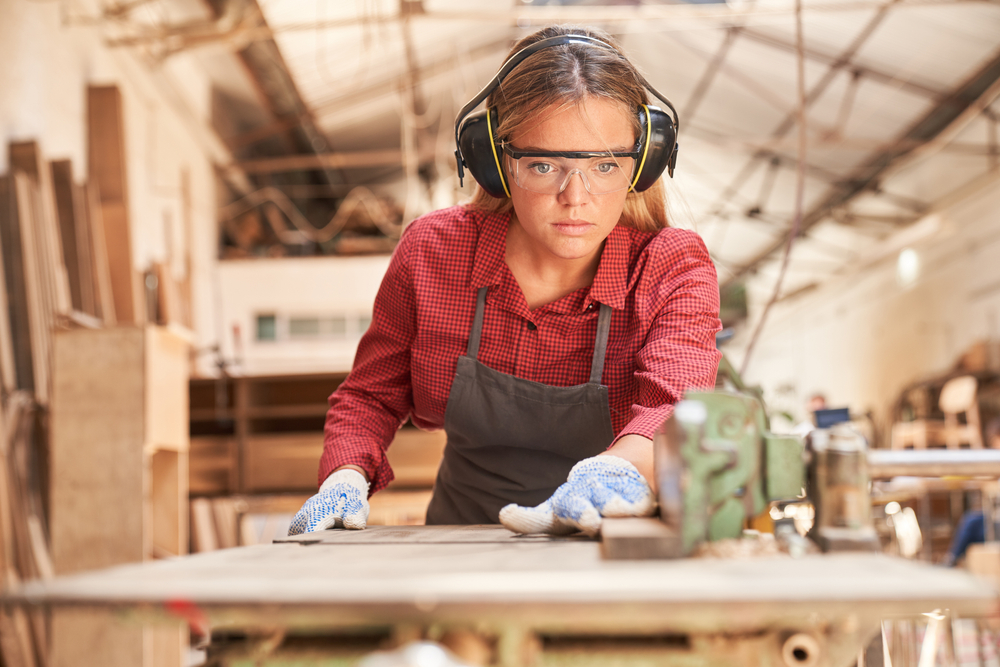Hearing protection plays an important role in safeguarding your ears against damaging noise levels, whether at work, concerts, or even during DIY projects at home. However, you could be left exposed to possible risks if any one of a number of potential factors interferes with your hearing protection’s effectiveness. In order to understand and successfully maximize the benefits of your ear protection, it’s crucial to understand these issues.
Why hearing protection falters: common scenarios
Even when you observe best practices, unforeseen challenges can arise. You wear your earmuffs faithfully at work, wear earplugs at concerts, and stay away from noisy situations whenever possible. Yet, some variables can still interfere with your hearing protection’s efficiency. Luckily, you can ensure the protection of your hearing by becoming aware of these common pitfalls and making educated adjustments.
1. Specific situations call for specific types of hearing protection
Hearing protection isn’t one-size-fits-all, and selecting the wrong type for a given setting can reduce its effectiveness.
There are generally two main categories of hearing protection:
- Earplugs: Small foam or rubber plugs that insert tightly into the ear canal.
- Earmuffs: Larger, headphone-like device that covers the entire ear.
Each kind has its appropriate use case:
- Earmuffs are better for situations with intermittent noise, like a construction site where machinery starts and stops constantly.
- Locations with a continual noise threshold, including a factory floor or the cabin of an airliner, are the perfect times to utilize earplugs.
Earmuffs are easier to deal with when there is a need to frequently put on and remove your hearing protection. Disposable earplugs, in contrast, can leave you vulnerable to hearing damage because they can be easily misplaced. Choosing the correct hearing protection for your requirements is the first step toward protecting your hearing effectively.
2. Fit and function are impacted by anatomy
Some devices will fit better than others based on the size and shape of the person’s ears. An average sized ear is what basic earplugs and earmuffs are designed for, but a more customized solution may be needed for your ear’s anatomy.
- Smaller ear canals: The noise-blocking ability of standard-sized earplugs might not be effective if smaller ear canals impede the formation of a proper seal.
- Larger ear structures: Larger ears can make earmuffs uncomfortable, causing gaps in the seal that allow noise to enter.
Poorly fitting hearing protection can lead to frustration and a temptation to abandon their use completely, putting your hearing in danger. Think about buying custom-fitted earplugs or professionally fitted earmuffs if you spend a great deal of time in loud settings. Choosing to go with a more customized approach will provide you with increased comfort and effectiveness, keeping your hearing safe in any scenario.
3. Failing to maintain or replace ear protection
In order to remain effective, hearing protection devices need to be properly maintained just like any other devices do. Wear and tear, incorrect cleaning, and neglecting replacement schedules can all compromise their ability to protect your ears.
The following are a few tips on how to maintain hearing protection:
- Replace Cushions: Over time, earmuff cushions can lose their pliability. In order to maintain a proper seal, replace the cushions when needed.
- Check for Damage: Frequently inspect the elastic band on earmuffs. Their ability to efficiently block noise can be compromised if the elastic band is loose or stretched.
- Clean Properly: Debris and earwax can accumulate on your hearing protection over time. Clean them regularly using manufacturer-recommended techniques to ensure cleanliness without damaging the material.
Your hearing protection will be less effective and potentially useless if you disregard these simple maintenance duties. Routine upkeep is crucial to extend their lifespan and ensure reliable performance.
The advantage of a hearing specialist
If you’re uncertain whether your hearing protection is doing its job, schedule a consultation appointment with us. After examining your devices, we can help you with a personalized solution that will work best for you.
Safeguarding your hearing is a lifelong commitment, and it’s worth the effort to make sure you’re using the best tools for the job. You can protect and preserve your hearing for many years by addressing these common challenges.
[blogcta]

